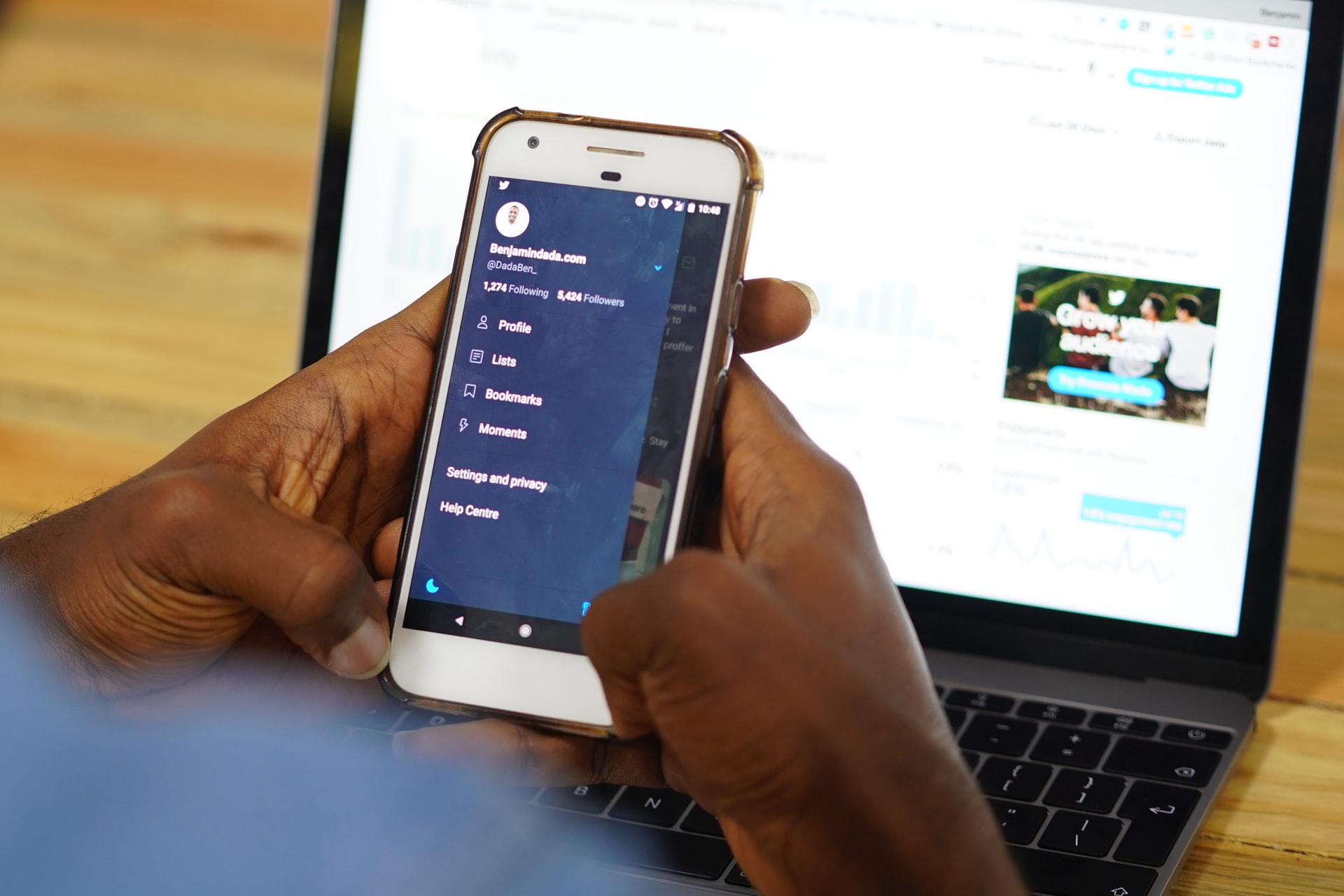Diggins v Bar Standards Board highlights the issues employers are currently facing when employees use their personal social media accounts to degrade others. A young black female Cambridge University student posted on Twitter that: ‘… a meeting that took place amongst students about the need for the faculty to decolonize its reading lists and incorporate postcolonial thought alongside its existing curriculum …’. D tweeted a response: “Read it. Now; refuse to perform cunnilingus on shrill negroids who will destroy an academic reputation it has taken aeons to build.” The BSB found that D had had committed professional misconduct and the High Court rejected D’s appeal. Ultimately, the question is whether the conduct admitted or proved is likely to undermine trust and confidence in an individual (here a barrister) or the profession [or a business]. That is a question for assessment on the basis of the facts of the individual case. Here. D’s tweet was not a private matter as it had been posted on a social media site available to the world at large, and it was seriously offensive.
This provides summary information and comment on the subject areas covered. Where employment tribunal and appellate court cases are reported, the information does not set out all of the facts, the legal arguments presented and the judgments made in every aspect of the case. Employment law is subject to constant change either by statute or by interpretation by the courts. While every care has been taken in compiling this information, we cannot be held responsible for any errors or omissions. Specialist legal advice must be taken on any legal issues that may arise before embarking upon any formal course of action.









